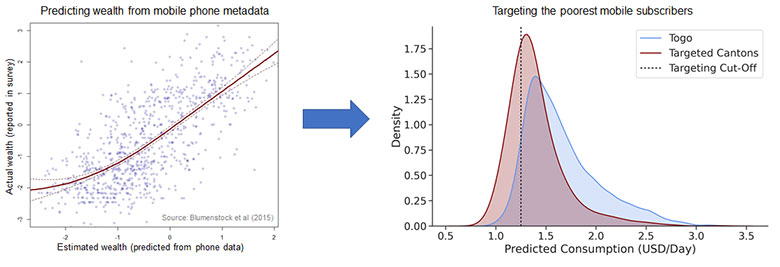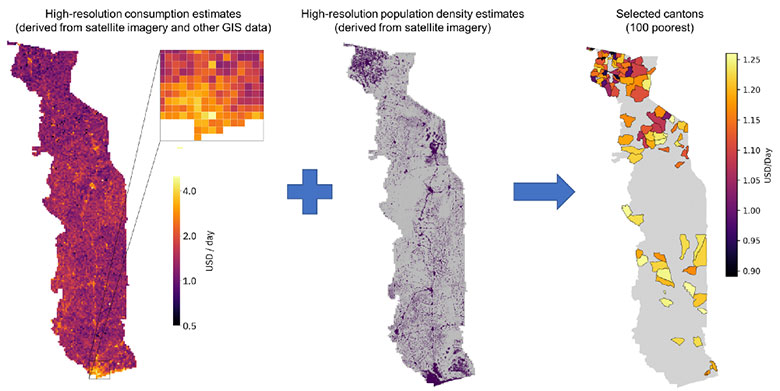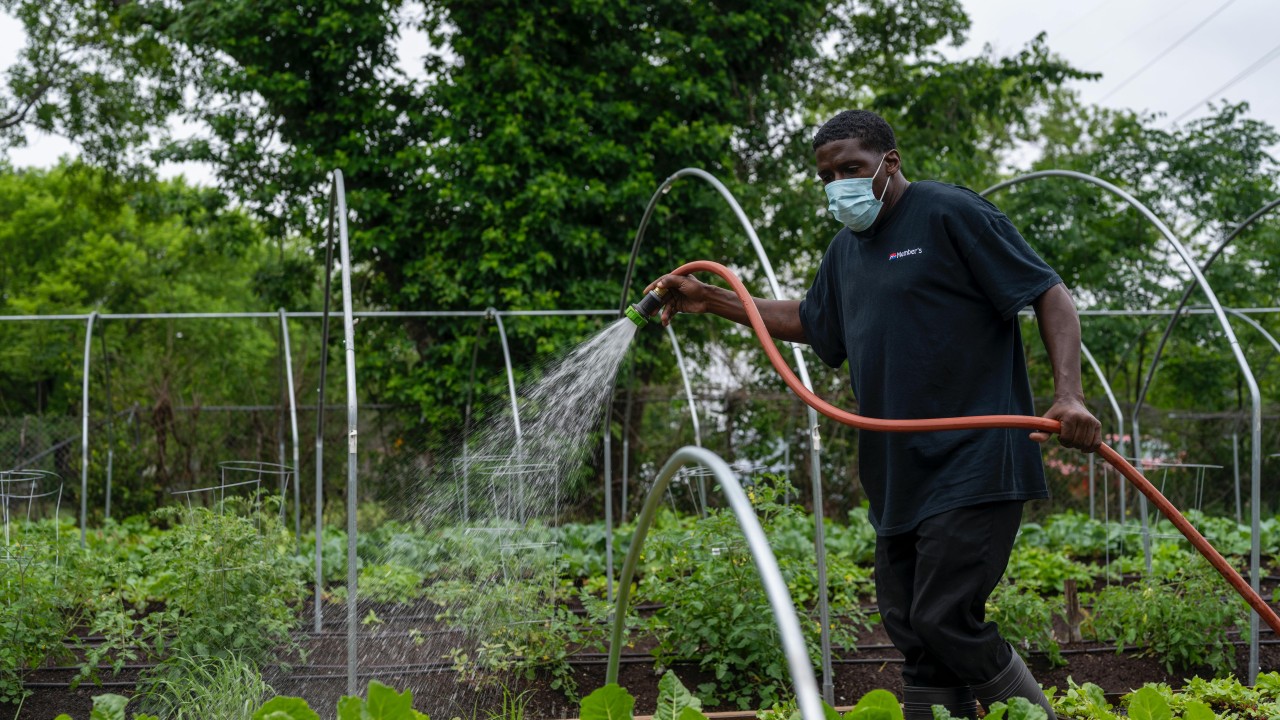Machine Learning Meets Social Justice: Lessons from Togo’s Novissi Cash Transfer Programme
Why social protection needs innovation
Economic shocks like the COVID‑19 pandemic have highlighted the vulnerability of informal workers. In Togo, 62 % of jobs were affected during the crisis. Identifying the most vulnerable households in real time is difficult when poverty data are scarce. Togo’s Novissi platform demonstrates how machine learning and mobile money can deliver contactless emergency cash transfers to those who need them most.
How Novissi works
The platform uses high‑resolution satellite imagery and nationally representative consumption data to select the poorest villages and neighbourhoods. Within those areas, machine‑learning algorithms trained on mobile phone metadata and phone surveys predict consumption patterns for 5.7 million individuals (70 % of the population). From November 2020 to March 2021, these predictive models prioritised 57,000 new beneficiaries for contactless payments.
Results and impact
-
Scale – The first phase (April 2020–September 2020) provided cash transfers to 572,852 informal-sector workers, including 373,858 women. The second phase covers the poorest 100 rural cantons and 57 000 beneficiaries.
-
Financial inclusion – Novissi created 170,278 new mobile money accounts, increasing the penetration of mobile money in Togo by 7 %.
-
Efficiency – Automated targeting reduced administrative overhead and enabled fast disbursement during lockdowns. Deep‑learning algorithms also prioritised fairness by planning additional surveys to detect biases against women, illiterate or marginalised groups.
Broader lessons
-
Data sources matter – Combining satellite imagery, phone metadata, and household surveys improved targeting accuracy. Such multi‑modal data can be adapted in other contexts, but governments must ensure privacy and obtain informed consent.
-
Adaptive algorithms – Machine‑learning models must be continuously updated with ground truth data to avoid perpetuating bias. Regular surveys and community feedback loops are essential.
-
Digital financial literacy – Many beneficiaries were new to mobile money. Accompanying cash transfers with financial education (e.g., how to withdraw funds and safeguard PINs) increases uptake. TenaBantu’s digital literacy workshops illustrate this principle in entrepreneurship and career development programmes.
-
Policy alignment – The success of Novissi relied on partnerships between the World Bank, Togo’s Ministry of Digital Economy, universities and NGOs. Similar collaborations could replicate the model across Africa.
Vision for the future
AI‑enabled social protection can deliver targeted assistance quickly and transparently. Yet algorithms should never replace human judgment; community consultations and grievance mechanisms are vital to protect rights. As governments explore national social information systems, they can build upon the Novissi example while ensuring robust data governance and ethical oversight.
Sources




